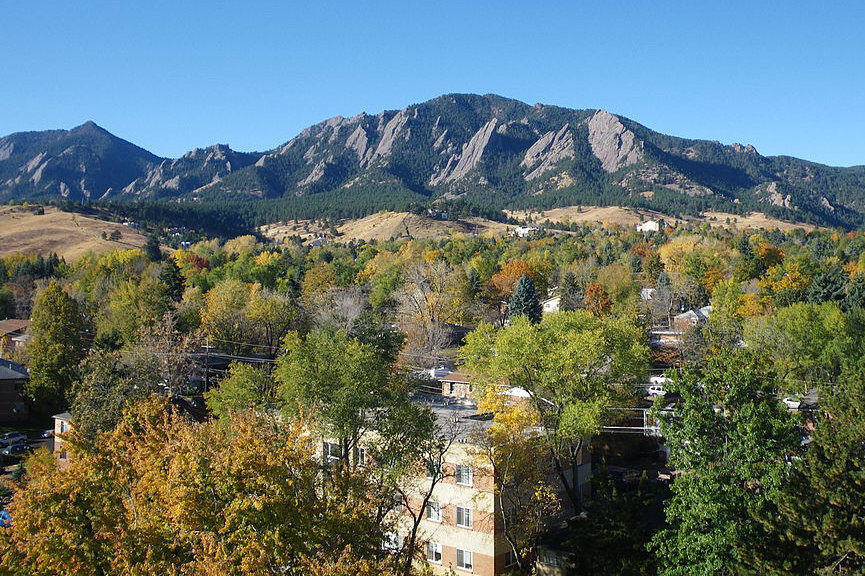

Short-term rentals used to be illegal, though common, in the city. Then, in November, voters approved new regulations and a 7.5 percent tax that matches what hotels pay. Now, would-be landlords who want to rent their property for fewer than 30 days must obtain a license from the city.
Related: Does Airbnb Hurt Denver's Rental Market?
The new rules are fairly strict. Homeowners can rent out bedrooms as often as they'd like, but "accessory units" like mother-in-law suites and carriage houses can only be booked for up to 120 days a year. The rules also include some basic safety standards.
And the city is only granting licenses to homeowners for their primary residences; renters aren't supposed to list apartments they don't own. The city wants rental housing to remain available for long-term residents.
The short-term rental license costs $105 and is good for four years. A $25 business license is also required.
Other cities have struggled to make sure similar ordinances are followed. Boulder plans to use revenue generated by the new tax to pay for enforcement. Those who try to sidestep the rules will first be asked to obtain a license; if they don't, they could face fines of up to $12,000.
Ben Irwin, communications manager for planning, housing and sustainability in Boulder, expects most hosts will get a license when asked. And at this point, he said, the focus is on education.
"We're really focused on making sure people are aware," Irwin said.
In Denver, a City Council subcommittee is currently working on new regulations. The full council is expected to take it up in April.









